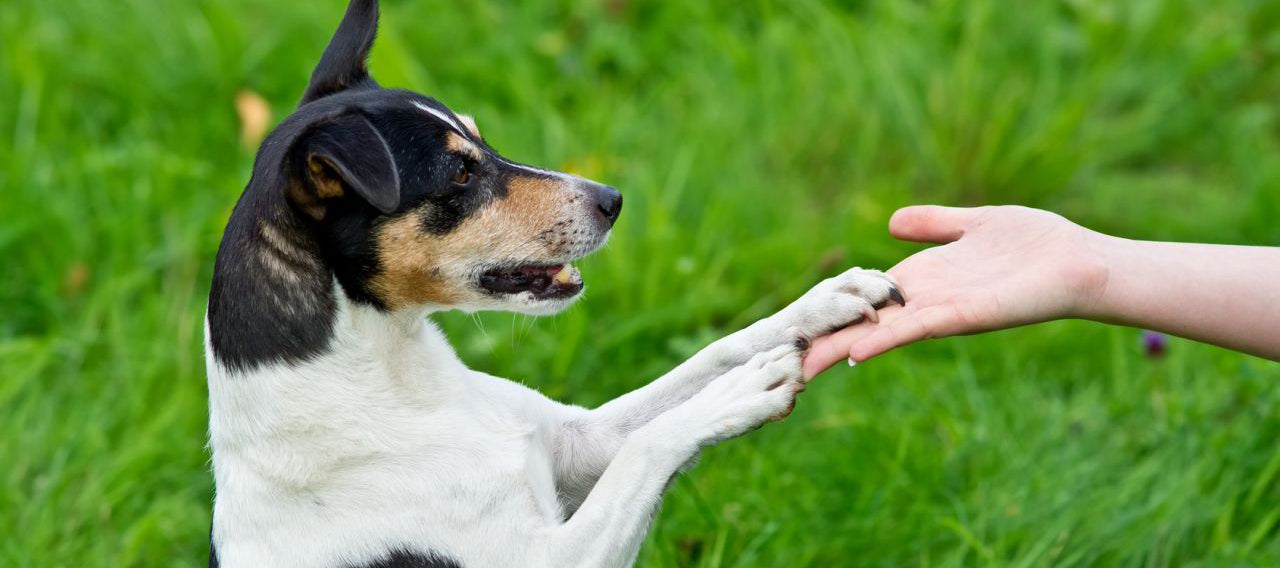Your Cart is Empty

Small dogs tend to bark, and bark a lot. It seems like they bark at absolutely everything, and enjoy the process. But why, and how can you stop it?
This can, and usually does, become a learned behavior before long, making it all the more difficult to break. However, it is possible! Believe it or not, many handler’s attempts at quashing the problem actually make it worse.
Melvin is a poorly trained Chihuahua with absolutely dreadful social skills; he hates anything that invades his territory, and he isn’t afraid to show it. Whether it be a dog twenty times his size or a human he doesn’t currently live with, Melvin will gladly teach who’s boss.
Upon hearing the ring of a doorbell, Melvin becomes frantic. He will stare company straight in the face and bark incessantly for 15 or 20 minutes if allowed. It seems the more he barks the more anxious he becomes, only enhancing his efforts.
Of course, the problem isn’t Melvin; with proper training his barking would lessen in time. However, his owner acknowledges him every time, rushing over to scoop him up in her arms after screaming at him.
There are two problems with this scenario.
Dogs don’t think like humans, and aren’t capable of intellectual thought or human reasoning. It is important to try and look at a situation from a dog’s perspective in any training scenario, to better understand what approach to take.
In most cases, your dog is barking either out of anxiety, excitement (in turn causing anxiety), or out of territorial defense (again, causing anxiety). The problem, in human terms, is your dog anticipates a certain type of reaction, which he probably is used to getting. In order to begin to cure the problem and stop your dog from barking, that reaction he is used to receiving needs to stop.
Don't avoid socialization. Socialization is important for all dogs for several reasons, but in this case being comfortable with strangers will only be beneficial. If your dog has been trained to be wary around unknown individuals, he will react with caution. A properly socialized dog shouldn’t become anxious when company arrives at your door.
The un-socialized dog is much more likely to react with anxiety at the sound of your doorbell.
Believe it or not, your pup is ‘rewarded’ when he barks at the doorbell, or at least that is how he sees it. Your small dog is motivated to bark, often encouraged in a way. Once you figure out what that motivation is, the rest should follow.
Do you yell or chastise your dog when he barks at the doorbell? This often only serves to increase anxiety; your dog probably relates your irritation with the doorbell (in this case) and not his barking. Act calm and composed, like the ring of the doorbell means nothing and is completely expected; show your pup you have everything well in control. Don’t acknowledge your dog’s barking.
Dogs often mirror human emotions, in this case anxiety, surprisingly well. If your dog thinks you are upset, and it is the visitor/stranger at the door that caused you to be upset, he is likely to become upset. Remember, dog’s don’t think like humans, a fact often missed.
Don’t show your dog the visitor means anything to him. The ring of the doorbell is none of his concern, and you have everything well in hand.
Remember, your dog is often seeking acknowledgement when he barks at the doorbell. Any form of chastisement on your part is acknowledgement to him. On the flip side, any show of emotion or praise from your visitor is also acknowledgement - so ask visitors not to acknowledge your dog. Your dog sees this as a reward for his actions. The same can be said for jumping up on company, although that may not seem like much of a problem for a 15 pound dog.
Gradually over time help your dog become accustomed to the doorbell, and teach him it doesn’t signify a threat. Desensitization often involves ‘counter-conditioning’, or pairing the undesirable stimuli (the doorbell) with something your dog enjoys, like treats or toys, praise, etc. Show your dog the doorbell means good things.
You can also start ringing the doorbell yourself on a regular basis. Your dog knows and is familiar with you; eventually, he should begin to associate you with the doorbell as much as others.
Offer your pup plenty of exercise! Do you walk your pup daily? Is he afforded plenty of opportunities to play?
You are probably asking yourself - ‘What in the world does exercise have to do with barking and the doorbell?’ In fact, increased anxiety can be associated with excess, pent up energy. A tired, entertained, occupied, or ‘physically exerted’ dog is less likely to react from boredom or frustration.
A well used method for leash reactive dogs, trainers sometimes attempt to divert their pet’s attention by either blocking the distraction or attempting to make themselves the most interesting thing around. This same idea can also be used with your small dog and the doorbell.
Does your dog run up to company, seemingly attacking your front door upon the ring of a bell? Offer a distraction of your own more interesting than the doorbell, like treats!
This behaviour isn’t going to change all at once; the change will happen gradually over time. Be patient in your training, always follow the rules, react calmly to every situation, and in time you will reap the rewards!